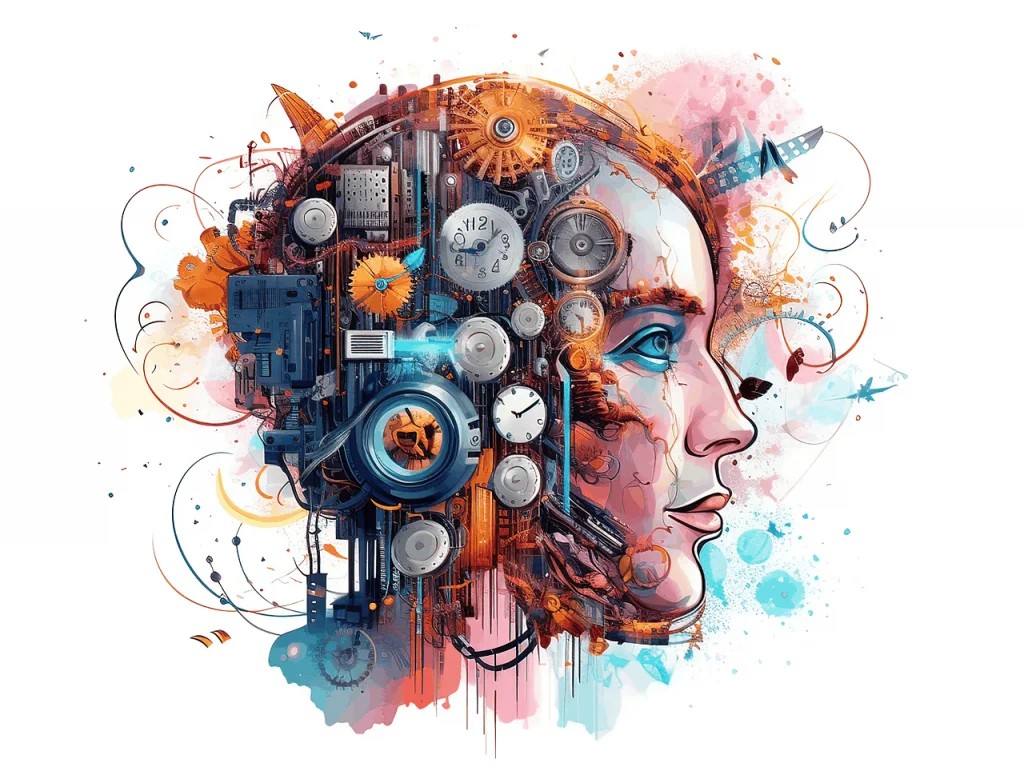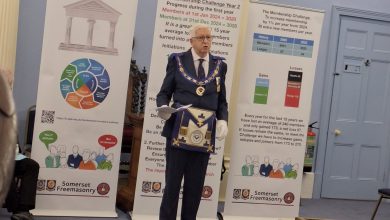Exploring The Potential of AI in Freemasonry

What follows is a take on the opportunities that may devolve from the use of AI. These are the opinions of the author (Tino van der Woude) and we thank him for his contribution.
Communications Team
“A recent experience at work opened my eyes to the potential—and the potential pitfalls—of artificial intelligence (AI). Tasked with exploring AI’s capabilities, I initially used it for practical tasks like rewriting emails and brainstorming ideas for our hotel’s summer operations. The results were startling. AI generated ideas that were genuinely insightful, prompting me to wonder, “Why didn’t I think of that?” This sparked a deeper, slightly unsettling thought: could AI eventually replace my job, forecasting revenue, analyzing guest feedback, and even drafting departmental communications?
Turning this potential threat into an opportunity for exploration, I began to consider how AI might benefit Freemasonry. Despite being relatively young member to the Craft (I’m 29), I deeply value its traditions and history. I’m drawn to the analog world—film cameras, vintage guitars—and appreciate the weight of history. So, approaching AI with a blend of curiosity and caution, I posed some Masonic questions. The answers were, frankly, baffling.
I asked AI how to make the Festive Board more engaging. Its suggestions included celebrating member milestones, incorporating games like Masonic-themed quizzes (a novel idea I found particularly intriguing for newer members to learn more about masonry in a fun setting), and emphasising a welcoming atmosphere for visitors. It even stressed the importance of incorporating specific Lodge traditions to foster a sense of belonging. How could a computer grasp the nuances of Masonic fellowship and values?
Then I tackled the pressing issue facing lodges UK-wide: The Membership Challenge. AI suggested increasing visibility through community events and open houses, strengthening online presence with informative websites and social media, highlighting the positive aspects of Freemasonry, embracing modernization, leveraging technology, fostering personal connections, promoting transparency, and ensuring inclusivity. Even more impressively, when I asked for Frome specific suggestions, it identified relevant local events and even considered the town’s demographic trends!
These experiments revealed AI as a powerful idea-generating tool. However, I firmly believe it should not replace the core of Freemasonry. The traditions, values, and practices that drew me to the Craft—the very things that have remained largely unchanged for over 300 years—must be preserved. This heritage is a source of pride and a unique strength.
I believe Freemasonry must find a balance. While the core rituals and principles remain untouched, we must modernize our “out-of-lodge” approach to attract younger generations and keep existing members engaged in the 21st century. AI can offer valuable insights and suggestions, but it should never dictate our path. The heart of Freemasonry lies in human connection, brotherhood, and the pursuit of self-improvement—values that a computer can analyze but never truly replicate.
This is undoubtedly a complex and potentially controversial topic, and I welcome any and all thoughts and opinions. “
Kind regards, Tino van der Woude




